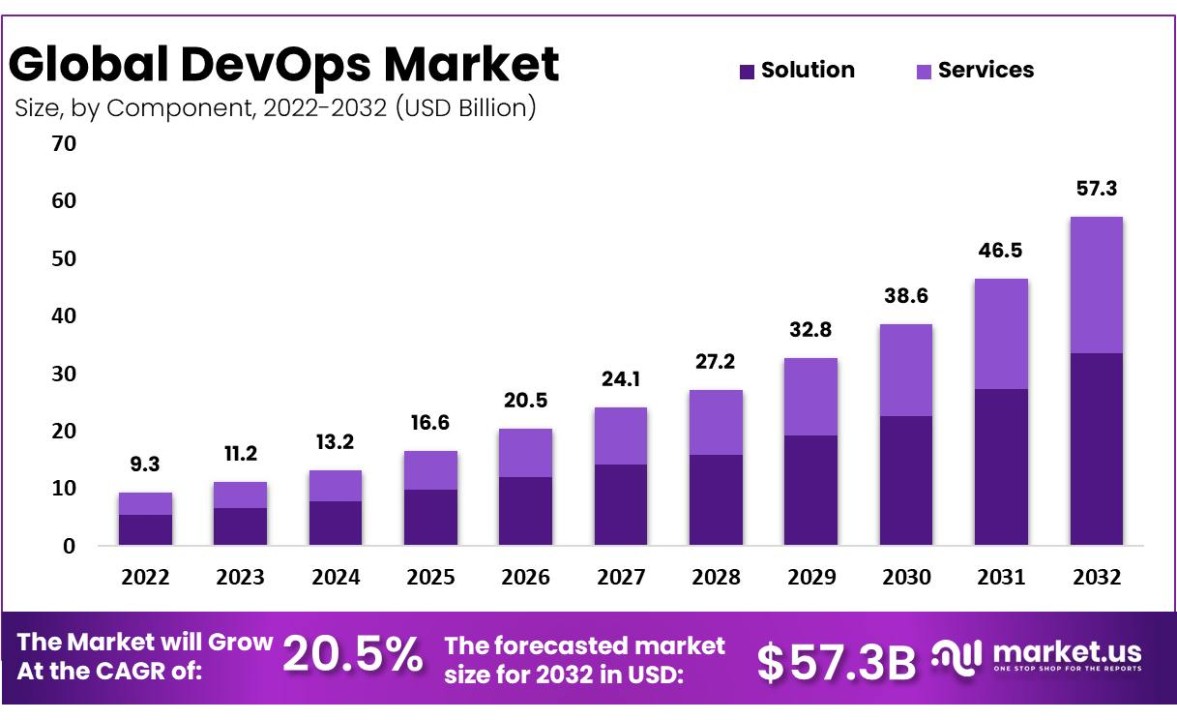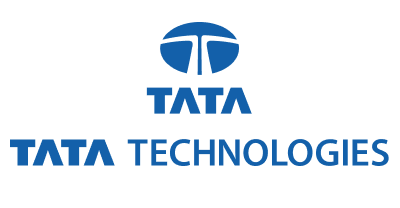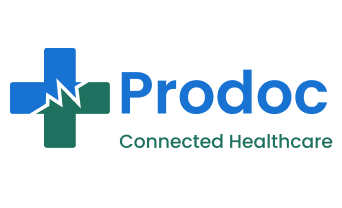As we navigate through 2024, the DevOps landscape continues to evolve at a rapid pace. New technologies, methodologies, and practices are emerging, reshaping how organizations approach software development and IT operations. In this blog post, we’ll explore 26 DevOps trends that are making a significant impact on the tech industry this year.
1. AI-Powered DevOps (AIOps)
Artificial Intelligence is revolutionizing DevOps practices, enabling predictive analytics, automated incident response, and intelligent resource allocation.
2. GitOps
GitOps is gaining traction as a way to manage infrastructure and application deployments using Git repositories as the single source of truth.
3. DevSecOps Maturity
Security is becoming more deeply integrated into the DevOps pipeline, with a focus on “shifting left” and incorporating security practices earlier in the development process.
4. Serverless DevOps
Serverless architectures are changing how DevOps teams approach infrastructure management and application deployment.
5. Kubernetes Dominance
Kubernetes continues to dominate container orchestration, with increasing adoption across various industries and organization sizes.
6. Edge Computing in DevOps
DevOps practices are adapting to support edge computing scenarios, enabling faster processing and reduced latency for IoT and mobile applications.
7. DevOps for Machine Learning (MLOps)
As machine learning becomes more prevalent, DevOps practices are evolving to support the unique requirements of ML model development and deployment.
8. Infrastructure as Code (IaC) Evolution
IaC tools are becoming more sophisticated, with improved support for complex infrastructures and multi-cloud environments.
9. Observability-Driven Development
Observability is moving beyond monitoring, with a focus on building systems that are inherently observable from the ground up.
10. Low-Code/No-Code DevOps
Low-code and no-code platforms are making DevOps practices more accessible to non-technical team members, fostering greater collaboration.
11. Continuous Testing Advancements
Automated testing is becoming more intelligent, with AI-driven test generation and predictive test selection.
12. DevOps for IoT
DevOps practices are being adapted to support the unique challenges of Internet of Things (IoT) device management and software updates.
13. Chaos Engineering Growth
More organizations are adopting chaos engineering practices to improve system resilience and identify potential failure points proactively.
14. DevOps Metrics Refinement
There’s a growing focus on refining DevOps metrics to better align with business outcomes and value delivery.
15. Platform Engineering
Platform engineering is emerging as a distinct discipline, focusing on building and maintaining the platforms that enable DevOps practices.
16. Green DevOps
Environmental considerations are becoming more important, with a focus on optimizing resource usage and reducing the carbon footprint of IT operations.
17. DevOps for Quantum Computing
As quantum computing advances, DevOps practices are beginning to adapt to support this new paradigm of computation.
18. Compliance as Code
Regulatory compliance is being integrated into the DevOps pipeline, with automated checks and documentation generation.
19. DevOps in AR/VR Development
DevOps practices are evolving to support the unique requirements of Augmented Reality (AR) and Virtual Reality (VR) application development.
20. Blockchain in DevOps
Blockchain technologies are being integrated into DevOps practices, particularly for supply chain management and secure deployments.
21. DevOps for 5G
The rollout of 5G networks is driving new DevOps practices to support high-speed, low-latency applications and services.
22. Collaborative IDE Integration
Integrated Development Environments (IDEs) are becoming more collaborative, with built-in DevOps tooling and real-time collaboration features.
23. DevOps for Microservices
Microservices architectures are driving new DevOps practices, with a focus on service discovery, orchestration, and monitoring.
24. Value Stream Management
There’s an increasing focus on mapping and optimizing the entire value stream in software delivery, from idea to production.
25. DevOps for Legacy Modernization
DevOps practices are being adapted to support the modernization of legacy systems, enabling faster updates and improved reliability.
26. Continuous Governance
Governance is being integrated into the DevOps pipeline, ensuring compliance and best practices throughout the software delivery lifecycle.
Implications for the Tech Industry
These trends are having a profound impact on how organizations approach software development and IT operations. Here are some key implications:
1. Skill Set Evolution
DevOps professionals need to continuously update their skills to keep pace with these trends. Knowledge of AI, machine learning, security practices, and cloud-native technologies is becoming increasingly important.
2. Increased Automation
Many of these trends point towards increased automation in the DevOps pipeline. This shift allows teams to focus on higher-value activities while routine tasks are handled automatically.
3. Enhanced Collaboration
Trends like GitOps, low-code/no-code DevOps, and collaborative IDEs are fostering greater collaboration between developers, operations teams, and other stakeholders.
4. Focus on Business Outcomes
With the refinement of DevOps metrics and the adoption of value stream management, there’s a greater emphasis on aligning DevOps practices with business outcomes.
5. Adaptability to New Technologies
DevOps practices are evolving to support emerging technologies like quantum computing, 5G, and edge computing, highlighting the need for adaptability in DevOps approaches.
6. Emphasis on Security and Compliance
The growth of DevSecOps and trends like compliance as code underscore the critical importance of security and regulatory compliance in modern software development.
7. Sustainability Considerations
Green DevOps practices reflect a growing awareness of the environmental impact of IT operations and the need for more sustainable approaches.
Navigating These Trends
For organizations looking to stay competitive in this rapidly evolving landscape, here are some recommendations:
1. Invest in Training: Ensure your teams have access to continuous learning opportunities to keep up with these trends.
2. Foster a Culture of Innovation: Encourage experimentation with new tools and practices that align with these trends.
3. Focus on Integration: Look for ways to integrate these new trends into your existing DevOps practices rather than treating them as separate initiatives.
4. Prioritize Based on Business Needs: Not all trends will be equally relevant to every organization. Prioritize those that align most closely with your business objectives.
5. Monitor and Adapt: Keep a close eye on how these trends are impacting your industry and be prepared to adapt your practices accordingly.
Conclusion
The DevOps landscape in 2024 is characterized by rapid innovation, increased automation, and a growing emphasis on security, sustainability, and business alignment. By staying informed about these trends and thoughtfully incorporating them into their practices, organizations can enhance their software delivery capabilities, improve operational efficiency, and deliver greater value to their customers. As we move forward, the ability to adapt to these evolving trends will be a key differentiator in the competitive tech industry landscape.











